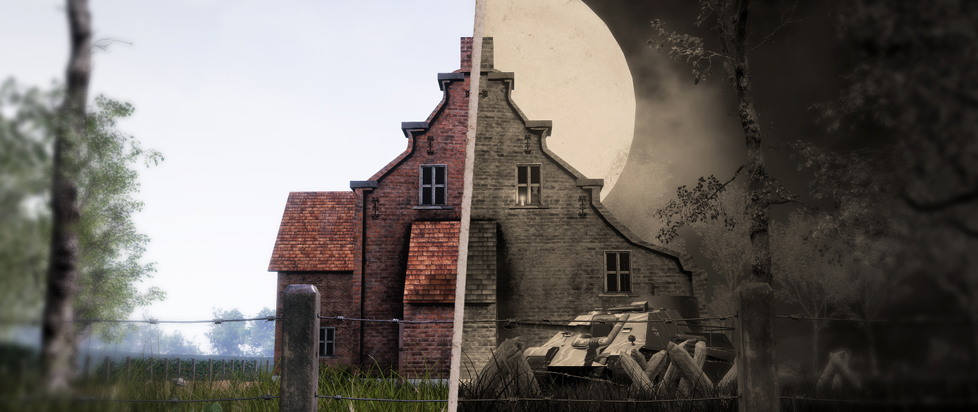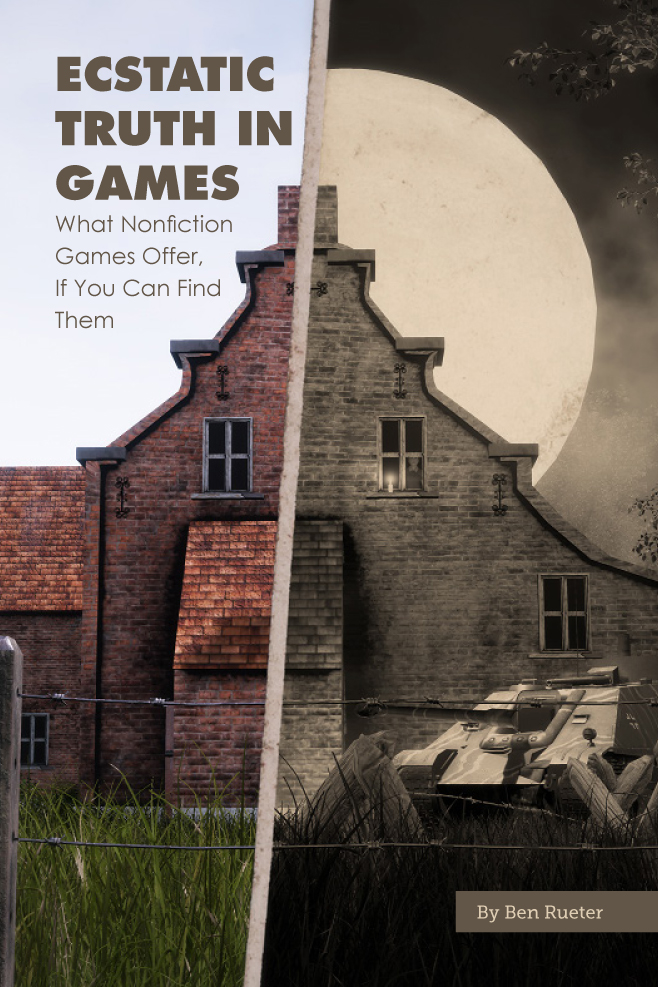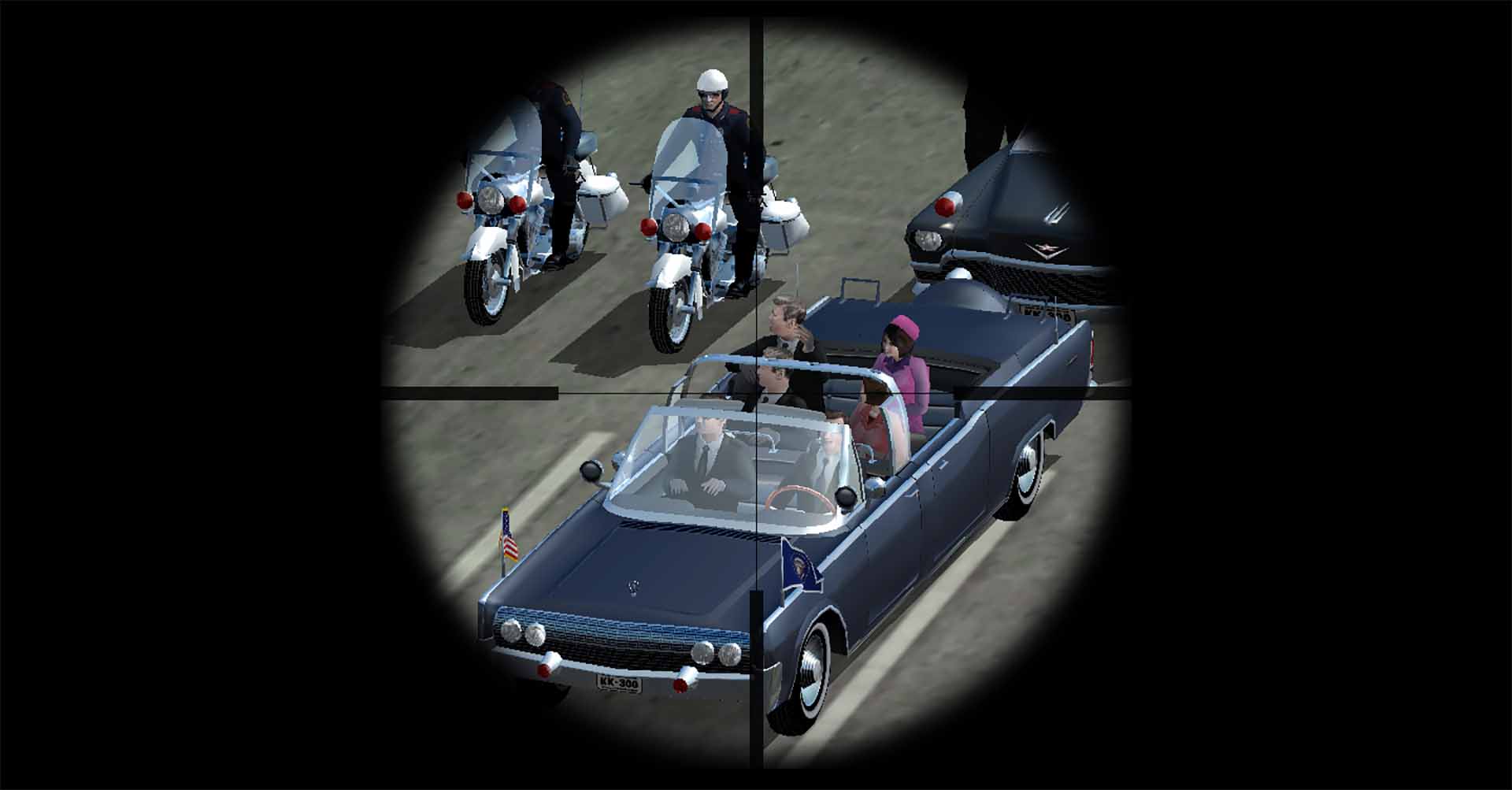
Ecstatic Truth in Games
This is an excerpt of a feature story from Unwinnable Monthly #141. If you like what you see, grab the magazine for less than ten dollars, or subscribe and get all future magazines for half price.

In 1999 at the Walker Art Center in Minneapolis, documentarian/actor Werner Herzog explained what he calls the “ecstatic truth.” In Herzog’s explanation, he states that “there are deeper strata of truth in cinema, and there is such a thing as poetic, ecstatic truth. It is mysterious and elusive, and can be reached only through fabrication and imagination and stylization.”
Herzog’s “ecstatic truth” may be better realized through nonfiction video games today.
But defining what is a nonfiction game is not cut and dry. Many games make obvious connections to real events. No one is calling Assassin’s Creed nonfiction.
Nonfiction games, for the most part, are immersed in a lived experience. While many games like Brukel include archival sources such as recorded audio, video, text, scanned images, etc., many don’t include any at all. Those that don’t put the player’s experience at the center, bridging the player with something abstract like an emotion or feeling. In these cases, realism in aesthetics isn’t a concern, as in Dys4ia.
What if
William Uricchio, professor of comparative media studies at the Massachusetts Institute of Technology, said film and books tend to use a fixed sequence of events to document a story. This contrasts games where users are given more agency to experiment with scenarios regardless of whether it adheres to reality or not. Uricchio describes it as “spillage with the historical outcomes.” This sometimes goes wrong when a game takes an almost fetishistic approach to the subject matter.
“They want every brick in the right place,” he says.
Nonfiction games don’t need to be a digital recreation of an experience. They can experiment with fixed points to better understand a period.

For example, in JFK Reloaded, players attempt to recreate the assassination of former President John F. Kennedy. The most likely outcome is failing to perfectly recreate the fatal shot, but in the process, the act of playing debunks a long list of conspiracy theories. The developers, Traffic Software, used the findings from the official investigation into the assassination (the Warren Commission report) to award points based on how closely the player’s action mirrored the real actions.
Another example is That Dragon, Cancer. The game takes players on the autobiographical journey of Ryan and Amy Green’s experience raising their son who was diagnosed with terminal cancer. The game includes real documents in the form of audio, letters and voice overs from the Greens. This media is mixed with reconstructions of moments with their son that move from grounded memories to fantastical representations of a real moment or emotion.
You’ve been reading an excerpt from Unwinnable Monthly Issue .
To read the article in its entirety, please purchase the issue from the shop or sign up for a subscription to Unwinnable Monthly!




